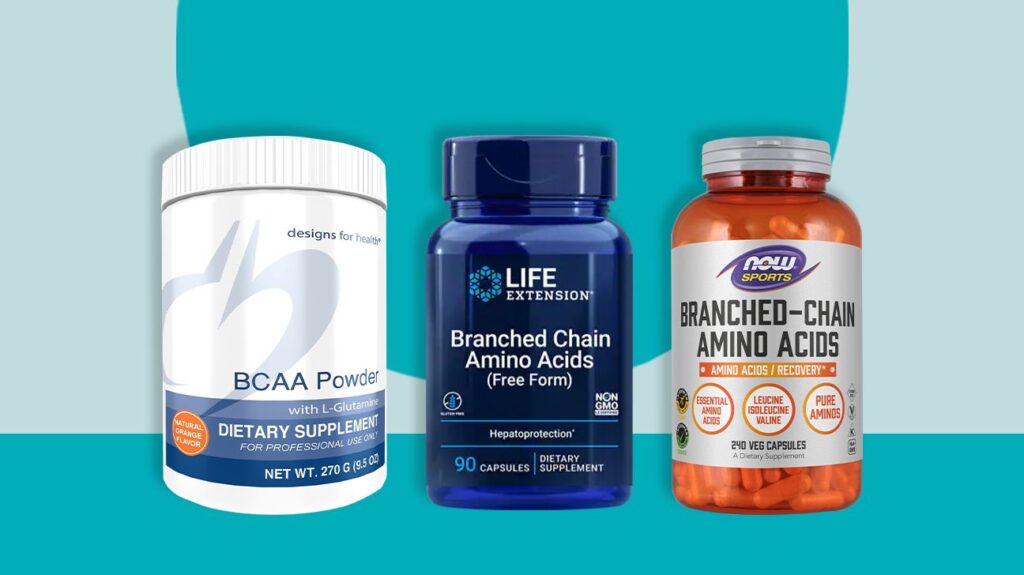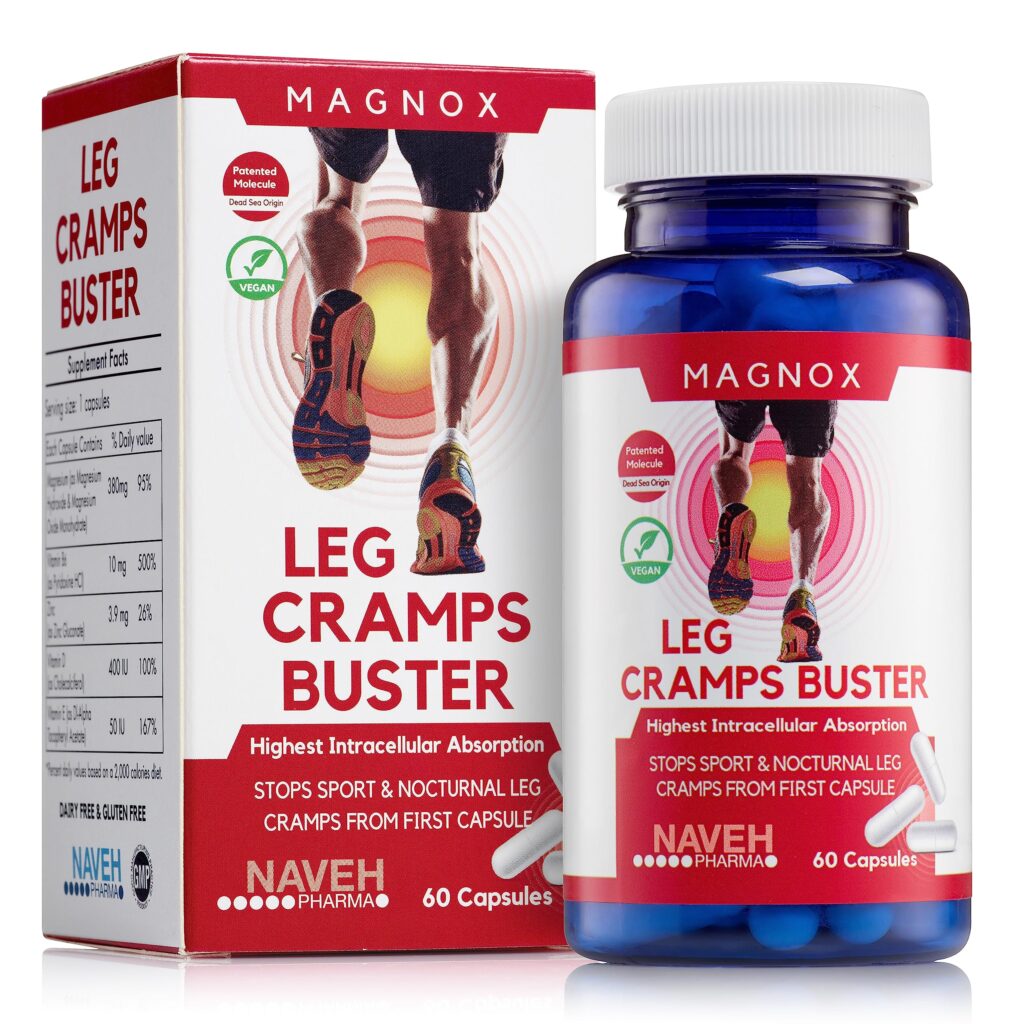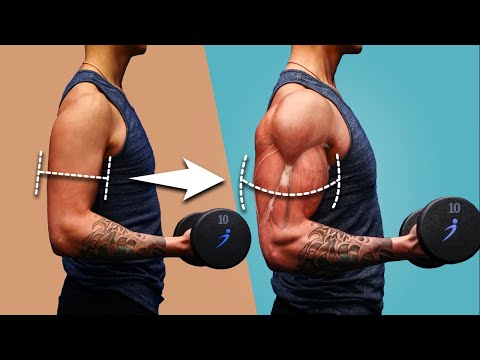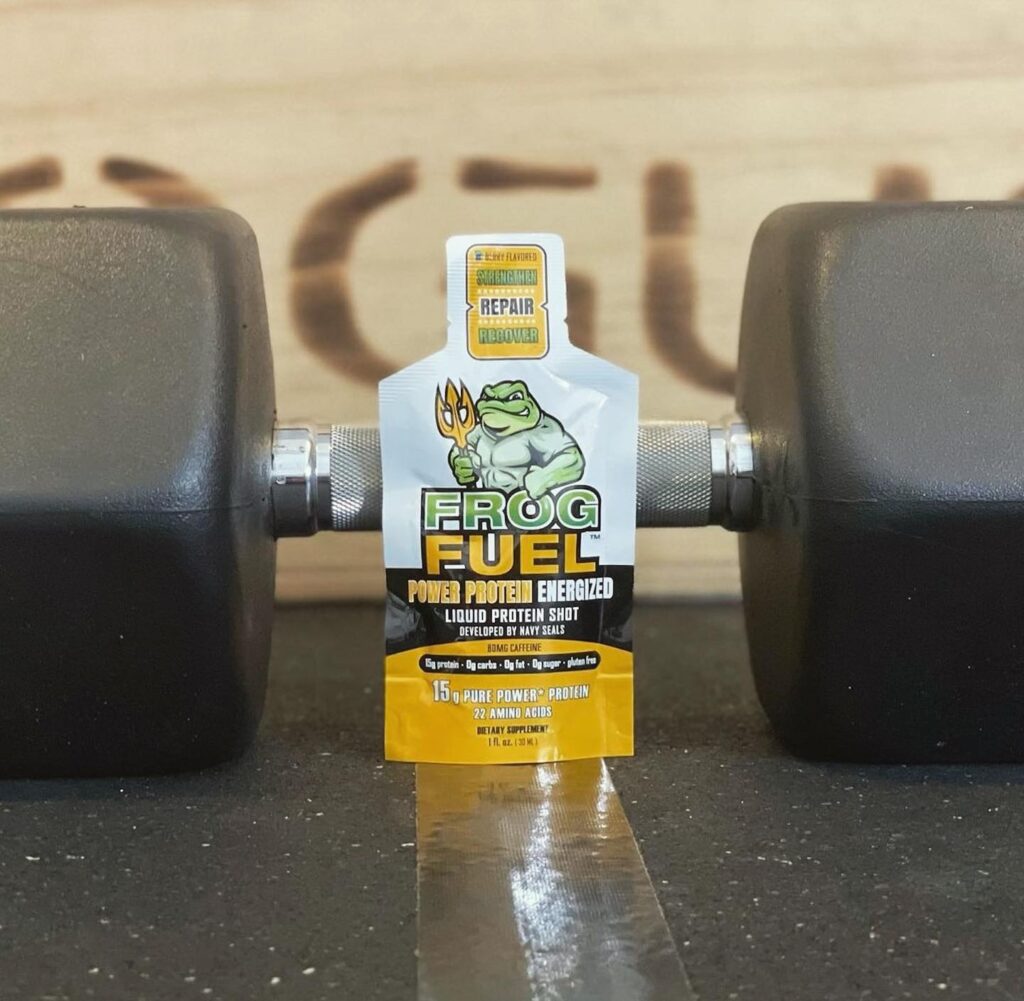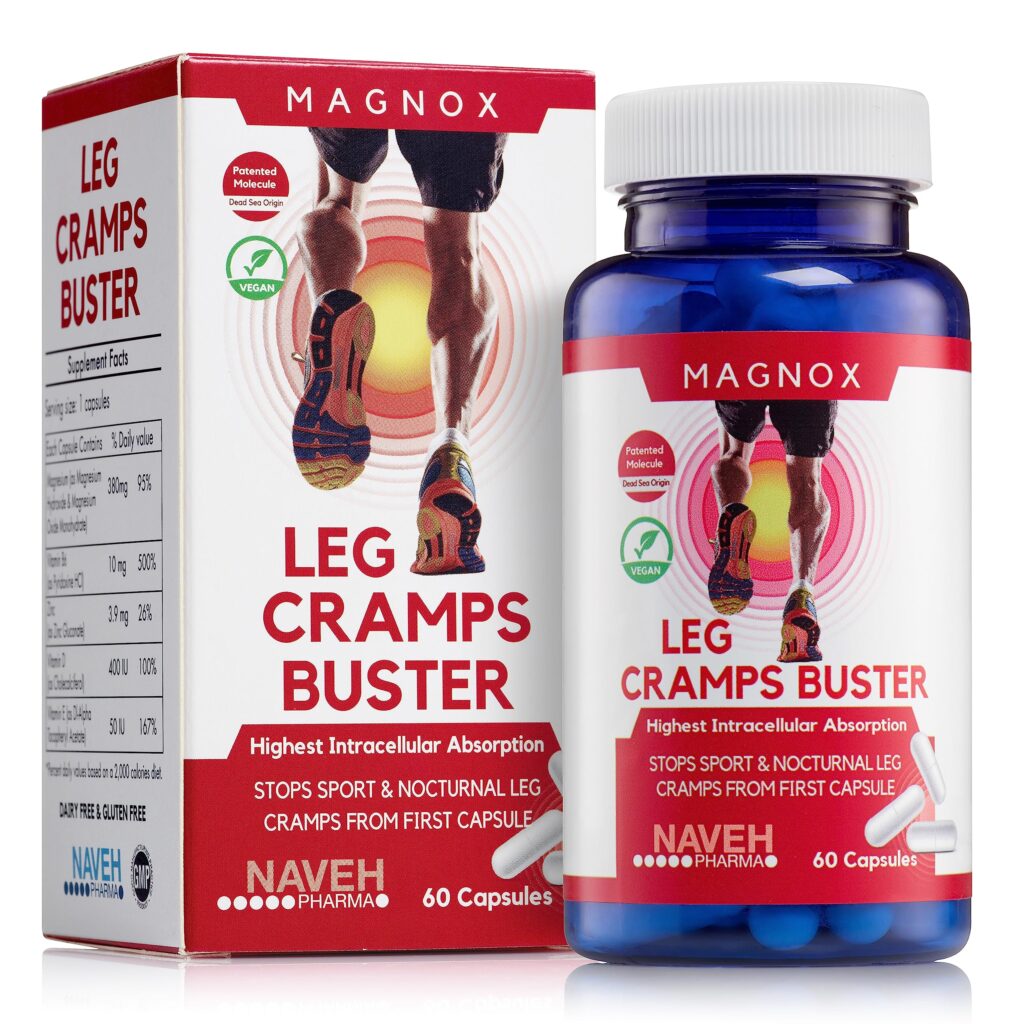To build muscle mass, focus on resistance training and consume a protein-rich diet. Ensure consistent workouts and adequate rest.
Building muscle mass requires a combination of effective strategies. Resistance training, such as weightlifting, stimulates muscle growth by challenging your muscles. A protein-rich diet supplies the essential nutrients needed for muscle repair and growth. Consistency is key; regular workouts ensure continuous progress.
Adequate rest and recovery periods allow muscles to heal and grow stronger. Hydration and balanced nutrition also support overall muscle health. Tracking progress and adjusting routines can help overcome plateaus. Consulting with fitness professionals can provide personalized guidance. By following these methods, you can effectively enhance muscle mass and achieve your fitness goals.
Strength Training
Weightlifting is great for building muscle. It helps you get stronger and bigger. Start with light weights. This helps you learn the right moves. Gradually, lift heavier weights.
Always warm up before lifting. This helps prevent injuries. Focus on form, not just weight. Good form helps muscles grow faster. Include exercises like squats and deadlifts. These are very effective for muscle growth.
Progressive overload is key to muscle growth. This means you must increase weight or reps over time. Your muscles need new challenges. They won’t grow if they do the same thing always.
Keep track of your lifts. Write down the weights and reps. Try to lift more each week. Just a little bit more can make a big difference. This method helps you get stronger and bigger.

Credit: www.youtube.com
Resistance Training
Resistance bands are great for building muscle. They are lightweight and easy to carry. You can use them anywhere, even at home. These bands help improve your strength and flexibility. They are also safer than heavy weights. Resistance bands are good for all fitness levels. You can increase or decrease the tension as needed.
Here are some effective exercises:
- Squats
- Push-ups
- Deadlifts
- Bench Press
- Rows
Squats work your legs and glutes. Push-ups strengthen your chest and arms. Deadlifts are good for your back and legs. Bench press helps build your chest and shoulders. Rows work your back and arms.
Nutrition For Muscle Growth
Eating enough protein helps build muscle. You need protein after workouts. Chicken, fish, and eggs are good sources. Try to eat 20-30 grams of protein with each meal. Protein shakes can help too. They are easy and quick to make. Dairy products like milk and cheese also have protein. Aim to eat protein-rich foods every day.
Your body needs various nutrients for muscle growth. Carbohydrates give you energy. Whole grains, fruits, and vegetables are good carbs. Healthy fats are important too. They can be found in nuts, avocados, and olive oil. Vitamins and minerals are vital. They help your body function well. Drink plenty of water to stay hydrated.

Credit: www.boxrox.com
Rest And Recovery
Sleep is crucial for building muscle mass. During sleep, your body repairs and grows muscles. Aim for at least 7-9 hours of sleep each night. Lack of sleep can hinder muscle growth. Quality sleep helps release growth hormones. A good bedtime routine can improve sleep quality. Avoid caffeine before bed. Keep your bedroom cool and dark.
Active recovery helps in muscle recovery. Light activities like walking or yoga are beneficial. These activities increase blood flow to muscles. Blood flow helps in nutrient delivery. Gentle stretching can reduce muscle soreness. Swimming is also a great option. It’s low-impact and refreshing.
Supplements
Protein powders are very popular. They help build muscle. Whey and casein are common types. Another supplement is creatine. It boosts strength and muscle mass. Many athletes use it. Branched-chain amino acids (BCAAs) are also helpful. They support muscle growth and reduce fatigue.
Supplements can be safe. It’s important to use them correctly. Always follow the dosage instructions. Some people may have side effects. Common ones include stomach pain and headaches. Choose supplements tested for safety. Look for certifications on labels. Always consult a doctor before starting new supplements. They can help ensure safety. Not all supplements work for everyone. Results can vary. Keep track of how your body responds.
Cardiovascular Exercise
Cardio can help your heart and lungs. But too much cardio can reduce muscle gains. Balance is very important. Do moderate cardio for 20-30 minutes, 3 times a week. This will keep your heart healthy. It will also avoid muscle loss.
Choose cardio exercises that do not stress your muscles too much. Swimming is a good option. It works your heart and muscles. Rowing is another great choice. It targets many muscle groups.
Brisk walking can also be beneficial. It is easy and keeps your muscles safe. Make sure to keep your cardio sessions short and effective.
Mental Strategies
Goals should be specific and measurable. Start with small steps. Celebrate small victories. This keeps you motivated. Avoid unrealistic goals. They can lead to frustration. Adjust goals as needed.
Stay positive and focused. Surround yourself with supportive people. Track your progress regularly. Use a journal or app. Reward yourself for milestones. Mix up your routine to avoid boredom. Keep reminding yourself why you started.
Common Mistakes
Overtraining can harm your muscle growth. It may lead to fatigue and injury. Muscles need time to recover. Train hard, but give muscles a rest. Work different muscle groups on different days. This strategy prevents overtraining. Also, listen to your body. If you feel tired, take a break.
Using proper form is crucial for muscle growth. Bad form can lead to injuries. Focus on the quality of each rep. Keep your movements controlled and steady. Use a mirror to check your form. Ask a trainer for help if needed. Good form maximizes efficiency and results.
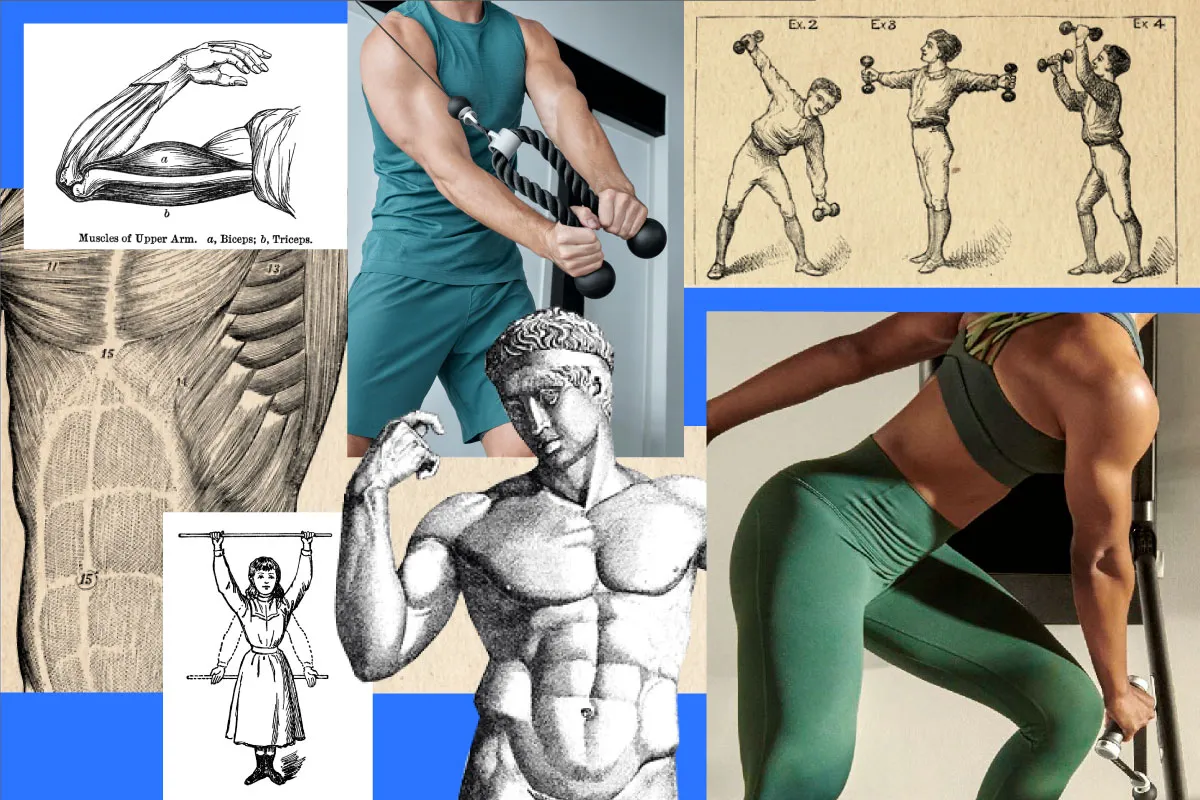
Credit: www.tonal.com
Frequently Asked Questions
How To Build Muscle Mass Fast?
To build muscle mass quickly, focus on compound exercises, adequate protein intake, and consistent workouts. Ensure you get enough rest and sleep. Supplements like whey protein can help.
What Foods Increase Muscle Mass?
Foods rich in protein like chicken, fish, eggs, and dairy can increase muscle mass. Include complex carbs and healthy fats. Vegetables and fruits also provide essential nutrients.
Can You Gain Muscle Without Weights?
Yes, bodyweight exercises like push-ups, pull-ups, and squats can help gain muscle. Resistance bands also work. Consistency is key.
How Much Protein For Muscle Growth?
For muscle growth, aim for 1. 6 to 2. 2 grams of protein per kilogram of body weight. Spread intake throughout the day.
Conclusion
Building muscle mass requires commitment, effective strategies, and proper nutrition. Follow the best methods outlined to see optimal results. Stay consistent, track progress, and adjust routines as needed. Prioritize rest and recovery to support muscle growth. Achieve your fitness goals by implementing these proven techniques.


